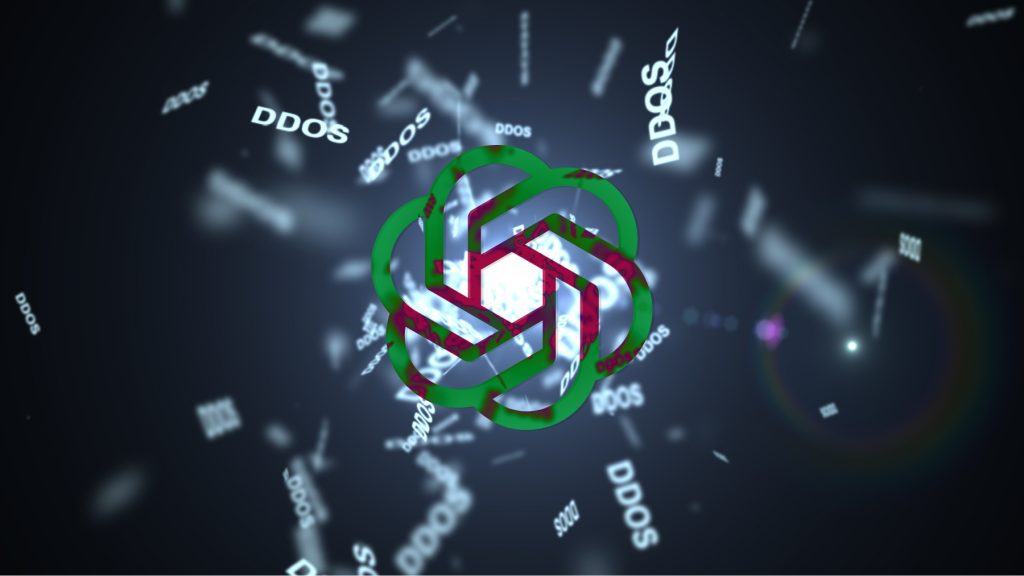
Hacker Group Causes ChatGPT Outage
Hacker group Anonymous Sudan hacks ChatGPT and causes worldwide downtime, exposing the vulnerabilities of relying on AI.
- The ChatGPt outage was due to a distributed denial-of-service (DDoS) attack.
- Our economies are slowly becoming increasingly dependent on AI, making us vulnerable to economic crashes.
Earlier this week, ChatGPT was down for about 24 hours displaying an “at capacity” error. It turns out, it was under a distributed denial-of-service (DDoS) attack.
OpenAI initially acknowledged that ChatGPT was down on its homepage, launching an emergency investigation lasting over an hour. They concluded that the periodic outages were “due to an abnormal traffic pattern reflective of a DDoS attack.” A group named Anonymous Sudan, allegedly linked to Russian-backed operatives, was reportedly behind the attack. The issue was eventually resolved.
To the uninitiated in the world of cybercrime, during a DDoS attack, the attacker floods an online service with multisource traffic. The goal is to overwhelm the server so much that it must go offline.
Imagine a fast-food joint with two cooks and one cashier. On any other day that staff is more than enough to handle the regular traffic. But suddenly, six tourist buses with 47 passengers each, stopped at this restaurant. The staff will be overwhelmed. Crash and burn.
This situation is bad for OpenAI. There’s no doubt there. But they are not the only ones whose workday stops if the large language model (LLM) is down. You might think that this is just an inconvenience. It’s not the end of the world. We did our jobs before ChatGPT was even a thing and we’ll do it afterwards. Yeah, but we’re not THAT worried about you. You’ll be fine.
We’re worried about our fragile economy.
Major contributors to the economy have begun relying on the AI in their daily workflow. We’re talking about the fat cats of Fortune 500 companies, like Microsoft. The more companies pick up ChatGPT in some capacity, the more the economy becomes dependent on it. Can you imagine what bringing the server down would do to the world then?
Now, here’s a nightmare for you. Country A has declared war on Country B. One of the main rules of war: hit the economy. All it’s going to take is for Country A to launch a cyberattack on whatever AI Country B relies on. Checkmate. That’s a very bleak future. Every world leader will be on edge with their finger on the trigger.
And even if countries held off on rash cyberattacks against AI systems, independent hacking groups may not display such restraints. We already see a few vigilante hacking groups who use their skills to force entities’ hands into doing what they deem as right. Armed with this “weakness,” they’ll disrupt adversaries, skew political scales, and expose and exploit vulnerabilities.
Inside Telecom provides you with an extensive list of content covering all aspects of the tech industry. Keep an eye on our Intelligent Tech sections to stay informed and up-to-date with our daily articles.